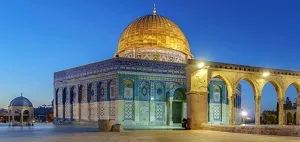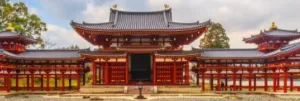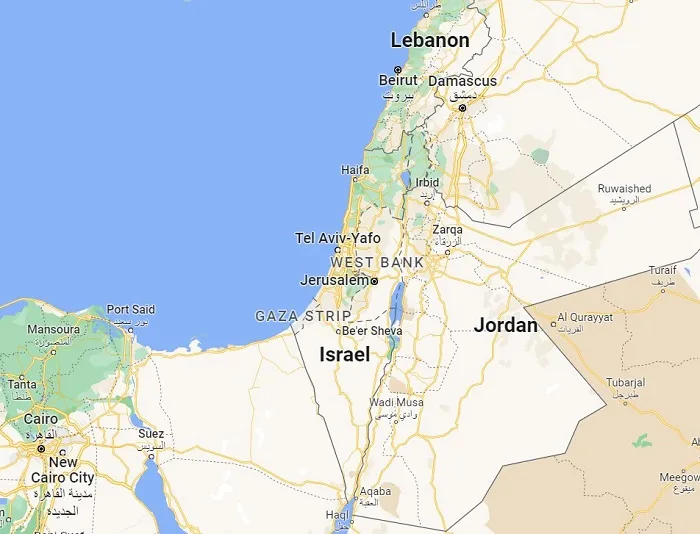
Israel: A rich tapestry of tradition, modernity, and humanity. Israel is a remarkable country because of its rich history, diverse culture, constant innovation, and hardy people. Its history is a rich tapestry that spans centuries and encompasses adversity and triumph. This all-encompassing analysis will look into Israel's origins, cultural heritage, cutting-edge advancements, and diverse population.
Formation of Israel:
The establishment of the modern state of Israel is deeply rooted in history, religious narratives, and geopolitical forces. After centuries of Jewish dispersion, the Zionist movement emerged in the late 19th century, advocating for the return of Jews to their ancestral homeland. In 1947, the United Nations passed a resolution recommending the partition of British Mandate Palestine into Jewish and Arab states, leading to Israel's declaration of independence on May 14, 1948. This declaration marked the re-emergence of a Jewish state in a land of profound biblical significance. The formation of Israel was not without controversy. It led to a series of conflicts with neighboring Arab states, resulting in the Arab-Israeli wars, most notably in 1948, 1967, and 1973. The Israeli-Palestinian conflict remains a major geopolitical issue in the region, with both sides claiming rights to the same land.

Culture:
Israel's culture is a fusion of many different traditions that have developed over many years. Although it clearly reflects the Middle Eastern and Mediterranean cultures, it has strong ties to Jewish tradition.
Religion:
Israelis place a high value on their Jewish heritage. Jerusalem is one of the holiest cities in Judaism, Christianity, and Islam, and it also happens to be the country's capital. Jews place great religious importance on the Western Wall since it is a remnant of the Second Temple.
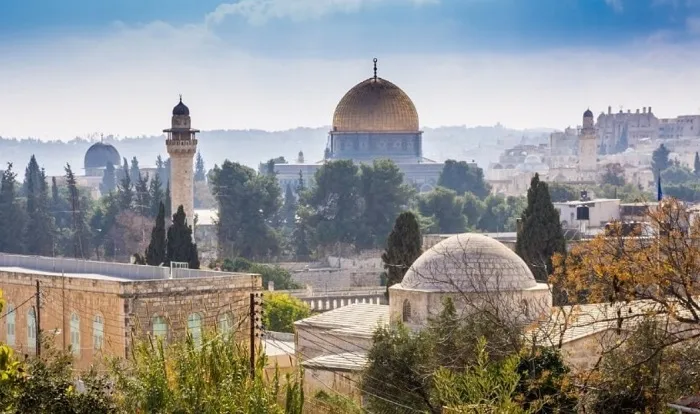
Language:
Hebrew is the official language and a symbol of national revival. Modern Hebrew, often referred to as "Ivrit," was reconstructed from ancient texts to become a living language.
Cuisine:
Israeli cuisine is a delightful fusion of Middle Eastern, Mediterranean, and international flavors. Popular dishes include falafel, hummus, shawarma, and the breakfast specialty "shakshuka."
Arts and Music:
Israel has a vibrant arts scene, producing renowned authors like Amos Oz and David Grossman. Music spans various genres, and Israeli musicians have gained international recognition.
Holidays:
Israel celebrates Jewish holidays like Passover, Hanukkah, and Yom Kippur, as well as national holidays such as Independence Day (Yom Ha'atzmaut).
Diversity:
The country is home to a diverse population, including Jews from around the world, Arabs, Druze, and other ethnic groups, contributing to a rich cultural mosaic.
Innovation:
When discussing Israel's contributions to global innovation, the term "Startup Nation" is frequently used. The country has made great progress in a number of areas despite its modest size and geopolitical constraints.
Technology and Startups:
Tel Aviv and other towns in Israel are home to a booming startup ecosystem, making the country a global center for technology. Waze, Mobileye, and Check Point Software are just a few of the startups that it has spawned.
Military Technology:
The Israel Defense Forces (IDF) have driven innovation in defense and security technologies. Israel is known for its advanced weaponry and cybersecurity solutions.
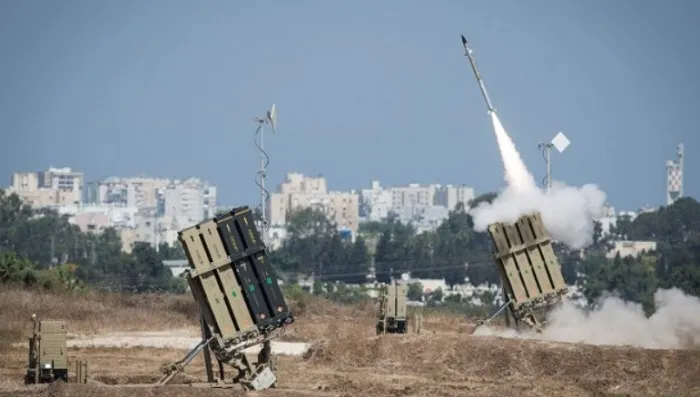
Medicine and Healthcare:
Stem cell research, medical technology, and pharmaceuticals are just a few areas where Israeli scientists have achieved important strides.
Agriculture:
Israel is now considered a world leader in desert farming and irrigation technology thanks to its innovative water-saving practices in agriculture.

Space Exploration:
The country has launched its own satellites, and Israeli scientists have made important contributions to space exploration.
Green Energy:
The Israeli government is heavily funding solar and other green energy technology developments.
People:
The people of Israel are a diverse and dynamic community, reflecting a complex tapestry of identities and backgrounds:
- Jews: There are many different Jewish communities represented in Israel, including those of Ashkenazi, Mizrahi, Sephardic, and Ethiopian descent. Both the Holocaust and the rise of Zionism had profound effects on the country's population structure.
- Arabs: There is a sizeable population of Arab Israeli citizens, most of whom are Palestinians who stayed in the country after the 1948 Arab-Israeli War. They strengthen the nation's social and cultural fabric.
- Druze: The Druze people are a special religious and cultural minority. They are highly influential in Israel and have strong ties to the country.
- Bedouins: Some members of the Bedouin Arab minority in southern Israel have adopted settled lifestyles, but the majority continue to live in accordance with their nomadic traditions.
- Ethnic Minorities: Minority groups in Israel, such as the Circassians and the Armenians, have made significant cultural contributions as well.
- Olim: "Olim" refers to Jewish immigration to Israel from the former Soviet Union, North America, and Western Europe, among other places.
The people of Israel are well-known for their resiliency, sense of national identity, and success in a country characterized by a wide range of cultural traditions and geopolitical complications. In conclusion, Israel is a country that has been around for a long time and has a diversified population that reflects that diversity. Israel's contributions to the globe in a variety of disciplines, from science to the arts, emphasize the country's relevance on the global arena, despite the fact that its formation and current geopolitical challenges continue to influence its destiny.

